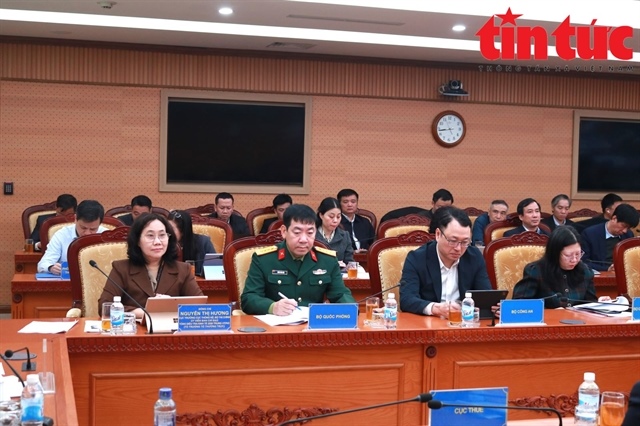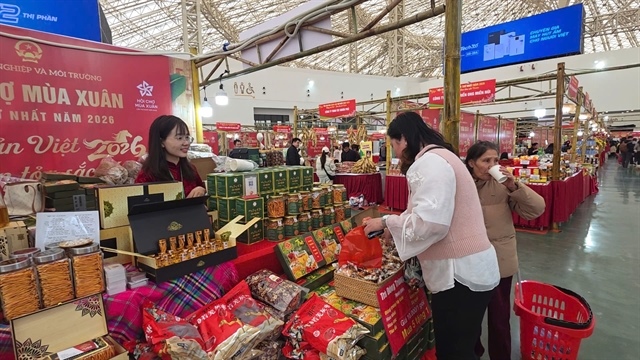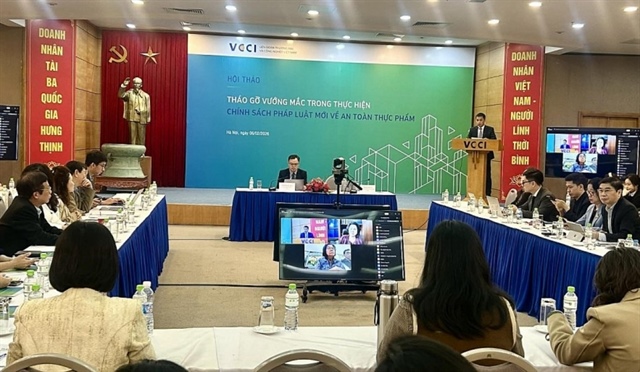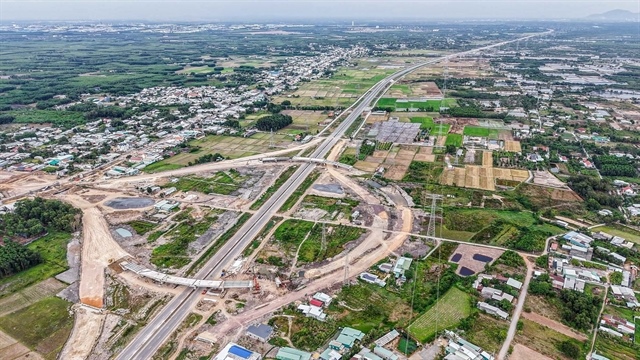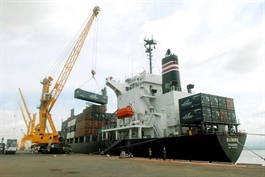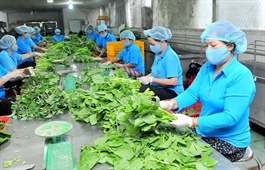Shifts in trend of Japanese investment in Vietnam
Shifts in trend of Japanese investment in Vietnam
Japanese companies are interested in a wide and varied array of investment areas in Vietnam, ranging from logistics, high-tech agriculture, real estate, finance and banking, to tourism, retail, aviation, information technology (IT) and infrastructure.
Changes in investment trend
According to Dr. Vo Tri Thanh, Director of the Institute of Branding and Competition Strategy, the potential for cooperation between Vietnam and Japan is huge. Japan is still one of the largest foreign investors in Vietnam in terms of accumulated registered capital. More than 65 percent of Japanese investment in Vietnam is found in the processing and manufacturing industry. Vietnam and Japan have established cooperation frameworks in the fields of electronics, agricultural machinery, agricultural product processing, environment, energy efficiency, shipbuilding and support industry. Japanese businesses are interested in logistics, high-tech agriculture, real estate, finance and banking, tourism, retail, aviation, and information technology and infrastructure.
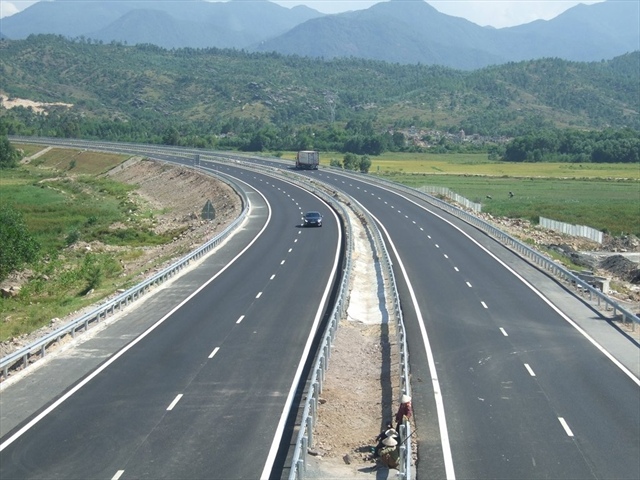
Japan has become Vietnam’s largest provider of official development assistance (ODA) with about US$27 billion |
However, new contexts have led to changes in global supply and value chains, and domestic enterprises should consider expanding cooperation with Japanese partners in such new fields as smart city and technology incubator building for startup development. Vietnam recently consulted foreign investors in many fields, especially considering the comparative advantage and enhancing Vietnam’s role in the medical equipment supply chains, in which Vietnam has advantages, Thanh said.
To improve the efficiency of Vietnamese-Japanese cooperation in the value chain, priority should be given to effective control of Covid-19 and ensuring labor supply, economic recovery and development, creating new impetus for investment environment improvement, and strengthening the relationship between foreign-invested and domestic enterprises.
Vietnam and Japan need to take advantage of the Comprehensive and Progressive Agreement for Trans-Pacific Partnership (CPTPP) and the Regional Comprehensive Economic Partnership (RCEP) agreement, along with other multilateral cooperation frameworks, to address regional uncertainties and challenges. The two sides can focus on free and open orders to promote regional prosperity and improve joint regulations on cross-border trade.
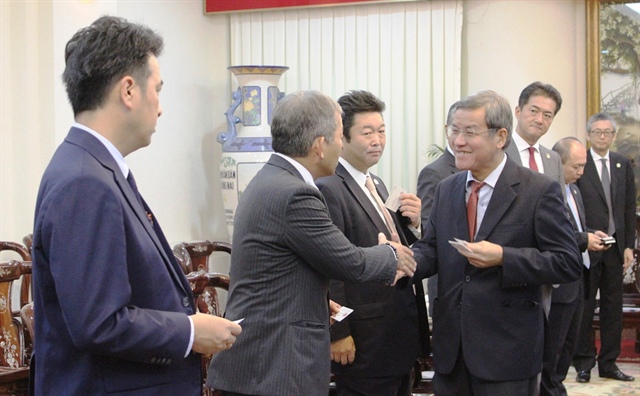
Japanese enterprises promote investment in Vietnam’s southeastern province of Dong Nai |
Bilateral cooperation opportunities
Shinji Hirai, Chief Representative of the Japan External Trade Organization (JETRO) in Ho Chi Minh City said that the pandemic has changed the operating structure of enterprises, while Vietnam is shifting to the production of higher value-added products, focusing on supply chain development. This makes Japanese enterprises in Vietnam optimistic about their profit in 2022 and continued expansion of exports and the domestic market.
A recent survey by JETRO shows that in 2021, 54.3 percent of the surveyed Japanese enterprises in Vietnam made a profit, 28.6 percent suffered losses, and the remainder reached saturation point. Meanwhile, 56.2 percent of the surveyed said they expect better business in 2022, 55.3 percent said they would expand business in Vietnam, 1.9 percent said they would narrow their operational scale, and the remaining 0.3 percent said they would withdraw from Vietnam.
Shinji Hirai said he feels optimistic about the Vietnamese market, and Japanese enterprises still want to develop long-term business in the country.
| Japan has become Vietnam’s largest provider of official development assistance (ODA) with about US$27 billion, the second largest foreign investor in the country with accumulated registered capital of more than US$64 billion, and Vietnam’s fourth largest trade partner with bilateral trade reaching about US$40 billion per year. |


